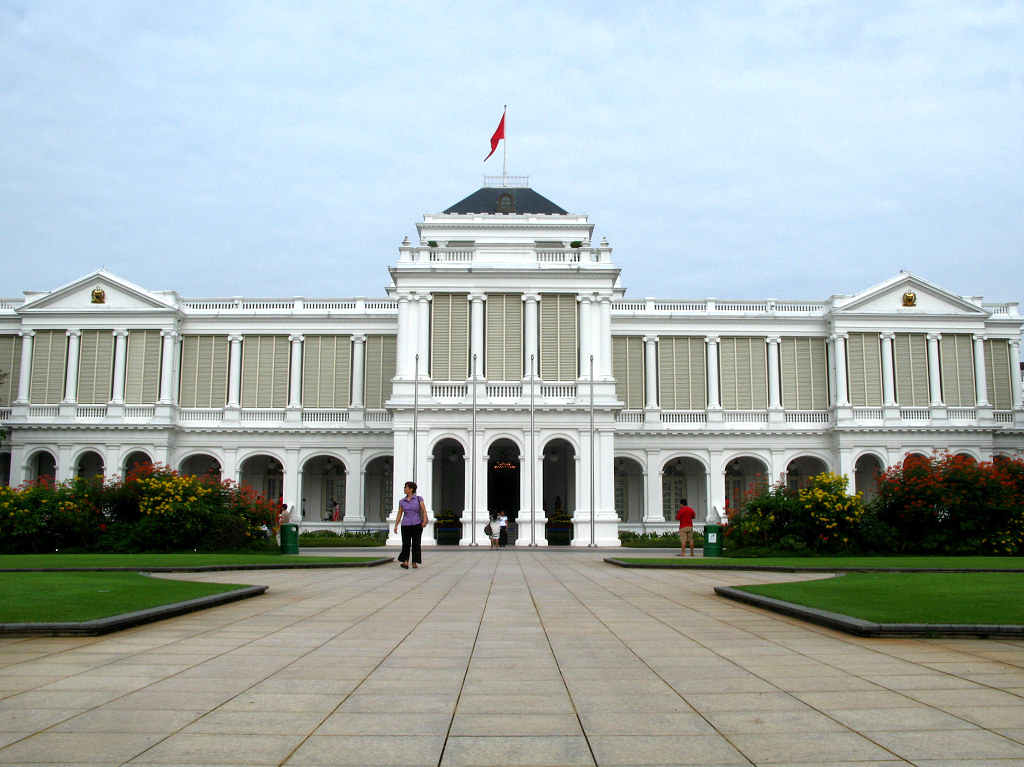Prime Minister Lee Hsien Loong on Jan 27, 2016 convened a Constitutional Commission to look into updating the eligibility criteria and other aspects of the Elected Presidency (EP).
The commission obtained views from the public and made recommendations to the Elected Presidency (EP) in a report that was released today (Sep 7).
Here are the three major proposed changes:
1. Updating the eligibility criteria for Presidential candidates.
For people holding public office:
- Auditor-General and Accountant-General no longer automatically eligible to be Presidential candidate. Minister, Chief Justice, Speaker of Parliament, Attorney-General, Chairman, PSC, or Permanent Secretary still automatically eligible. But they must have held the position for at least six years, up from three previously.
- Only the most senior executive of a Fifth Schedule Statutory Board (CPF/HDB/JTC/MAS) is automatically eligible. But they must have held the position for at least six years, up from three previously.
For people in the private sector:
- Must be the most senior executive running a company which has at least $500 million in shareholders’ equity. The company must have recorded a net profit during the applicant’s tenure, and it must not have gone into liquidation or entered into any other type of insolvency process (such as judicial management) within 3 years of the applicant ceasing to be a holder of that office.
For people who do not fall into the above two categories:
- Applicant must hold a “similar or comparable position of seniority and responsibility in any other organisation or department of equivalent size or complexity”. Presidential Elections Committee to take the performance of the relevant entity into consideration. Candidate must have six years in that position and must not be more than 15 years preceding Nomination.
All applicants:
- When they are successfully nominated, their application forms would be made public for scrutiny.
- For unsuccessful applicants, PEC will make known the reasons for the unsuccessful application to the applicant. The applicant may choose to share the reasons with the public if he/she so wishes.
2) Ensuring multiracial representation in the Elected Presidency
- Racial communities categorised as follows: 1) Malay; 2) Chinese; 3) Indian or other.
- When a member from any racial group has not occupied the President’s office for 5 continuous terms, the next Presidential elections should be reserved for candidates from that group.
- In the event that no suitable candidate from that group emerges, that election would then be opened to candidates of all races.
- The reserved election would then be deferred to the next Presidential election, and the practice of holding a reserved election will continue until a candidate from the racial group for which a reserved election had been convened is elected as President.
3) Changes to the Council of Presidential Advisers (CPA)
- The President should be required to consult the CPA before exercising his discretion in respect of all fiscal matters touching on Singapore’s reserves and all public service appointments. This is not the case at present.
- The President’s decision should be subject to Parliamentary override (by simple majority) where he acts against the CPA’s advice.
- The President's decision should be subject to Parliamentary override (by two-thirds majority) where the CPA is evenly split and the Chairman of the CPA exercises his casting his vote in the President’s favour.
- Where the President acts with the support of an absolute majority of the CPA, Parliament should not be able to override the President’s decision.
- Two more members to be added to the CPA, up from the six at present.
Government has, in principle, approved the changes proposed by the Constitutional Commission
In a letter addressed to the Chairman of the Constitutional Commission, Chief Justice Sundaresh Menon, PM Lee said that the "Government accepts in principle" the main recommendations.
PM Lee also noted that the Commission had suggested reverting the EP back into a President being appointed by Parliament instead. PM Lee said that it would be difficult for the President "to exercise custodial powers over the reserves and public service appointments, and veto proposals by the Government, without an electoral mandate."
DPM Teo Chee Hean, who is currently the acting PM, said that the Commission has "issued a comprehensive and thoughtful report".
He added that the Government will publish a White Paper on September 15, 2016, and provide its detailed response to the Commission’s report. Subsequently, the Government will also table a Constitutional Amendment Bill in Parliament.
" width="560" height="315" frameborder="0" allowfullscreen="allowfullscreen">
Top image by Icemoon
If you like what you read, follow us on Facebook and Twitter to get the latest updates.
If you like what you read, follow us on Facebook, Instagram, Twitter and Telegram to get the latest updates.
